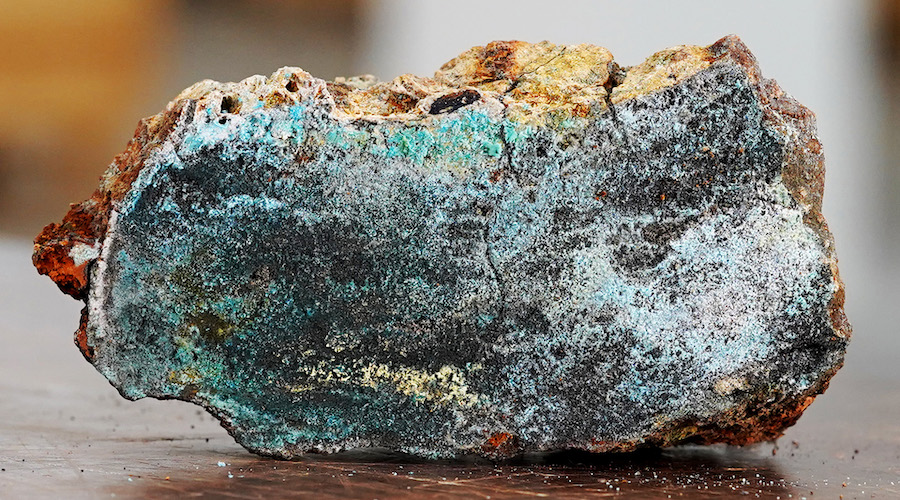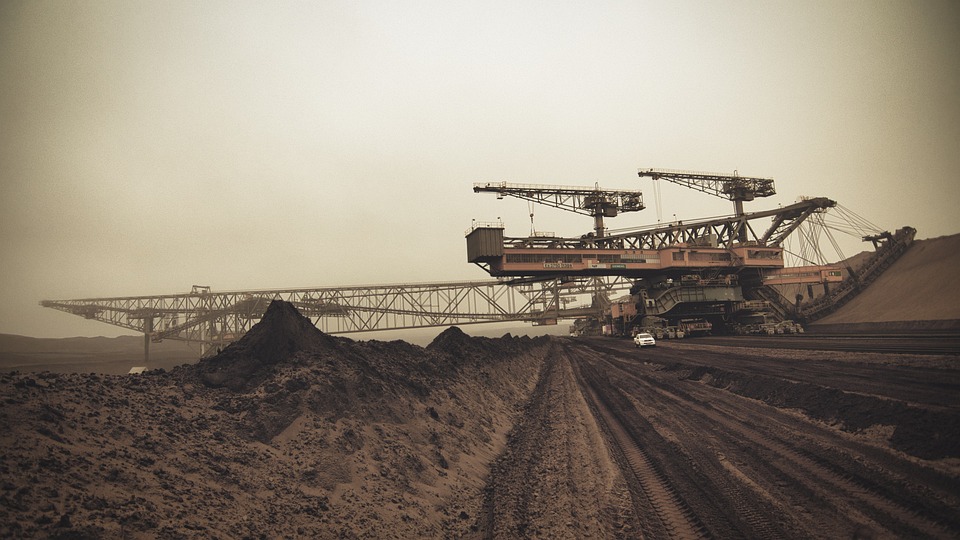As Norway greenlights deep-sea mining in the Arctic Ocean, it is anticipated that an agreement on deep-sea mining in international waters could follow later in the year. The move by the European country, typically esteemed for vast oil and gas reserves, aims to diversify its economy away from fossil fuels. However, it has placed the country at odds with the EU and the UK, which have called for a temporary ban on the practice due to concerns about environmental effects.
The Norwegian government announced, “We’ve mapped vast areas in the northern Norwegian Sea since 2017. We’ve taken samples and collected data about minerals and metals found on the seabed.” The government added, “We’ve done this by means of our own expeditions, and also in cooperation with expert communities from universities.”
Critics were quick to react, with Greenpeace calling it “a shameful day” for Norway and Frode Pleym, head of Greenpeace Norway, expressing embarrassment at Norway positioning itself as an ocean leader while giving the green light to ocean destruction in Arctic waters.
Opposition and Alternative Viewpoints
Kaja Lønne Fjærtoft, global policy lead for WWF’s No Deep Seabed Mining Initiative, expressed a “small glimmer of hope” from the fact that extraction licenses would still need parliamentary approval, an amendment added after strong international pushback. The Environmental Justice Foundation (EJF) remarked that the decision would act as “an irrevocable black mark on Norway’s reputation as a responsible ocean state.”
Analysts highlighted the risk of geopolitical tension in Europe’s northern and baltic region due to the geographic proximity of the areas Norway has opened up to exploration.

According to the nation’s Ministry of Petroleum and Energy, the 280,000km2 (108,000 sq miles) area along the mid-Atlantic Ridge, contains volcanic springs that surge from the Earth’s crust and are believed to host an estimated 38 million tonnes of copper, exceeding the world’s approximate annual copper production.
A government-sponsored survey also found rare earth elements in polymetallic sulphides, or so-called “black smokers”, nearly 3,000 metres (9,842 feet) deep. While international rules for seabed mineral extraction are yet to be set, Norway doesn’t need to wait, because it plans to search for minerals on its extended continental shelf.
Diverse Perspectives on Ocean Mining
Proponents of deep-sea mining argue that extracting raw materials from the seafloor will allow a faster transition to a low-carbon economy and could come at a lower environmental cost than terrestrial mining. Scientists, however, express concerns as very little is still known about the depths of the world’s oceans.
Only a small fraction of the oceans has been explored by humans, and many are worried about the impacts on these ecosystems already affected by pollution, trawling, and the climate crisis.










